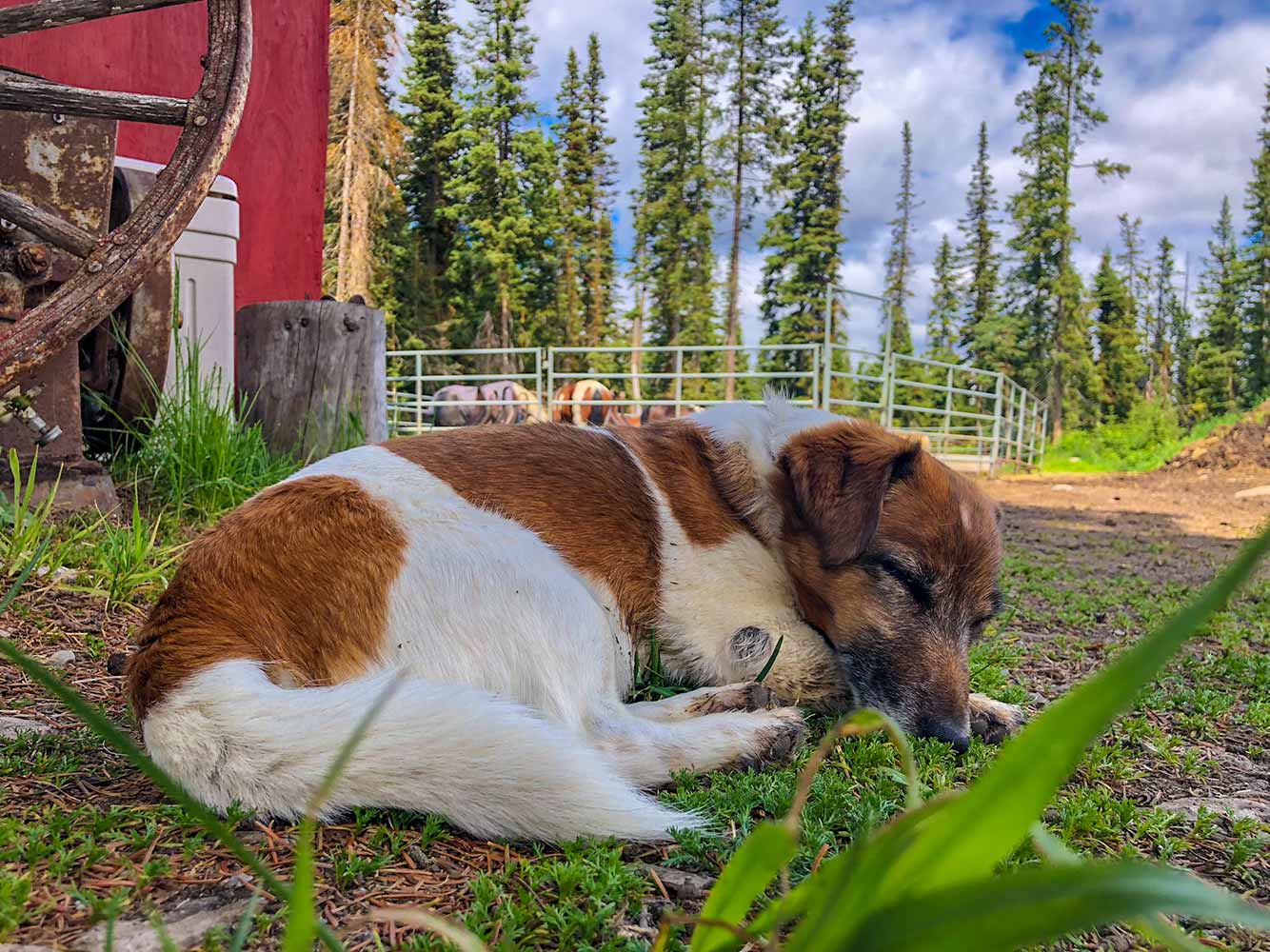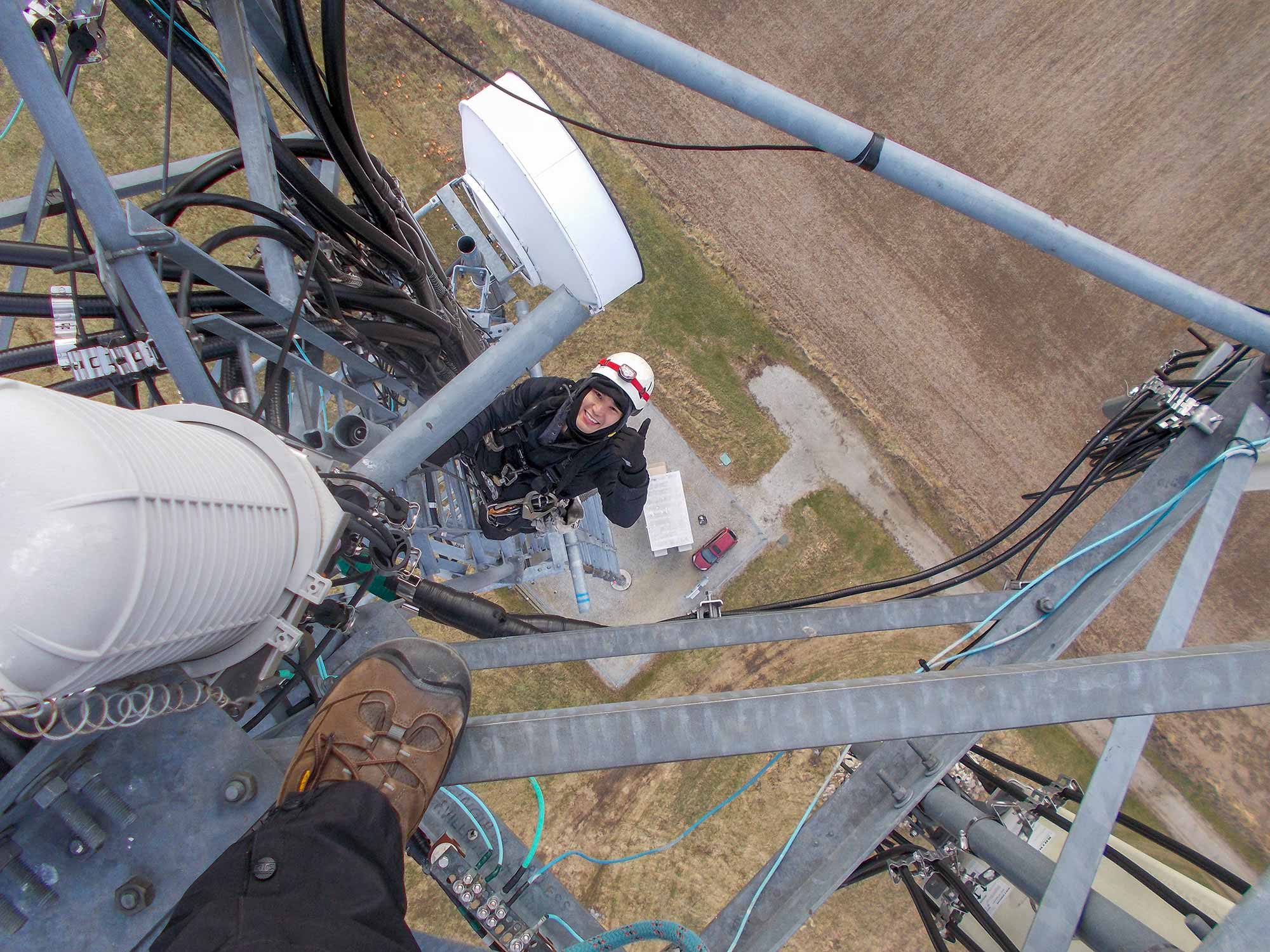Greatly Improving Your Life with Better Sleep: A 4-part Series
Follow this 4-part series to greatly improve your life via a variety of better sleeping habits. Naturally, I will include a combination of science, simple mathematics, and general evidence.
Part 1: Rhythm and the Snoozing Dilemma
Part 2: Reasons to Wake Up Early in the Morning (currently reading)
I wake up at 5 am. While it seems like such a simple thing, this has been one of the best decisions I have ever made—life-changing without a doubt (like that one time I learned that 6 was afraid of 7 because 7 ate 9, but 7 ate 9 because it’s supposed to eat 3 squared meals a day).
For years, ample scientific data have extolled the benefits of rising early. Early mornings (4 to 6 am) are fundamentally different from other times of the day, so it’s simply not just a matter of shifting time or circadian rhythm.
I have verified this personally as well. Productivity increases dramatically, clarity of mind amplifies, activity planning becomes a breeze, and a morning exercise routine—like walking in a park—becomes, well, a walk in a park. Moreover, society has a bias in favor of those who consider themselves “Early Birds.”
In this second installment of the 4-part series, I cover the wide range of benefits that comes with waking up early.
My Relevant Experience
As a field engineer who works irregular hours, I am in a unique position to expand on this topic.
During my time in the oilfield, my hours were erratic. Between intervals of crying myself to sleep, I would start my day at 3 am, 8 am, 3 pm, 11 pm, or any other time of day. Therefore, I was able to pinpoint peaks of productivity and alertness within the various hours of the day—by literally working pretty much all hours of the day. From my experience, the early hours had consistent advantages.

“Anyway, Ace is really helping me fit in with the Millenials more. I’m constantly on Facebook, Twitter, Snapchat, Instagram, cocaine, and ecstasy.”
Ever since I became a field engineer for the telecommunications industry, I’ve managed to fix my morning routine to Pacific Time (I occasionally fly coast to coast for work). I sleep at 9 pm and wake up at 5 am on the West Coast, but I sleep at 12 pm and wake up at 8 am on the East Coast.
I’ve noticed one very interesting thing: Even though the circadian rhythm (covered in Part 1) is the same coast to coast, the differences are tremendous. Again, the early hours have a consistent advantage, even though there wasno difference in the amount of time slept.
Whether I was working with radiation and explosives in the oilfield or climbing towers in the telecommunications industry, my life literally depended on maximum productivity and alertness. Good news: I’m still alive and well (only the psychological pain remains), so my analysis was correct.
But there’s much more to early mornings than my personal experience has shown.
Fundamental Differences in Timing
 Early mornings are fundamentally different from the rest of the day in numerous ways:
Early mornings are fundamentally different from the rest of the day in numerous ways:
1. Less Traffic: During early mornings, there is significantly less traffic, allowing you to get around with ease. This is also crucial if you have a morning workout routine. Every minute counts, and those minutes cannot be wasted in traffic.
For me, traffic usually starts forming around 7 am, becoming exponentially worse at 8 am. If I am at the gym by 5:30, home by 6:30 am, and out before 7 am, then I would miss traffic entirely—saving quite a bit of time.
Fun Fact: There’s less road rage because most people with the rage are off the road—unless that person is you.
2. Fewer potential distractions: Almost nothing comes up early in the morning (exceptions include crippling depression, existential crises, and lifelong regrets, among others). You aren’t expected to be awake until later, so even the early risers do not bother you. And most people literally can’t bother you because they’re asleep. Having fewer distractions is very important for 2 main reasons:
- You can establish a consistent routine. In order to form successful habits (i.e. like morning exercise), you need a constant routine. In order to have a constant routine, it is ideal to have minimal disruptions. Therefore, you’re far more likely to form healthy routines (that will follow you for the rest of your life) if you attempt them earlier in the morning rather than later in the day.
- You’re more likely to get things done. If you complete several tasks (including the very difficult task of exercising in the morning), you will feel accomplished. This sense of accomplishment facilitates the completion of subsequent tasks.
3. Exercise Routine: Exercise is pretty much good for you in every way. The only drawback is you might become too sexy for your own good. And it is much easier to work out earlier rather than later in the day.
I’ve tried to implement a workout routine later in the day, but the workouts were often disrupted by unexpected events (like bros in tank tops doing curls at the squat rack). Statistically speaking, gyms have the most traffic during the evenings as well. With all the waiting, you’ll need more time to do the same workout. During the early mornings, unexpected events were almost nonexistent.
Willpower is also much higher earlier in the day, making exercise routines far more feasible. In addition to the health benefits, exercise also boosts your mood and productivity.
4. Peace and Quiet: There will naturally be less noise when the people making the noise are asleep. A quiet environment is conducive to maximum peace of mind and productivity.
5. Willpower: Scientific research has shown that willpower is essentially a muscle that tires throughout the day. It’s a limited resource, but that resource is much higher earlier in the day (i.e. you essentially start the day with a full tank of willpower).
Even normally laborious and mundane tasks are dispatched with haste (like making 10 small trips to grab the groceries instead of 1 potentially-injurious big one). The longer the day drags on, the harder it is to will yourself into doing something.
Fun (or Not Fun?) Fact: The will to resist cheating on one’s partner decreases throughout the day. So, to reduce the chance of cheating, do not let your partner stay out late. Seems legit.
Side Note: You can’t get cheated on if you never form meaningful relationships with anyone. Just sayin.
6. Logistics and Planning: There’s plenty of time to make plans before the workday starts.
For most people, work does not start later simply because they wake up later. You still have to show up to your job on time. It helps to have some buffer time before work starts.
Forgot to prepare for the meeting? No worries, you have time. Forgot to prepare meals for the week? No worries, you still have time. Forgot to slash your annoying neighbor’s tires? No worries, you have time. Forgot to create the devious plan that will sabotage your coworkers and secure that next promotion? No worries, you have time.
7. Momentum and Proactivity: When you’ve gotten such a head start compared to everyone else, you’ll likely maintain the lead throughout the day. You’re fully awake and ready to go while others are barely getting started.
When you’re ahead, you tend to stay ahead. When you’re behind, you tend to stay behind (as you lose motivation). This is exemplified in Newton’s First Law of Motion.
Newton’s First Law of Motion: An object at rest remains at rest and an object in motion remains in motion unless acted on by an outside force.
Once you try it, you’ll realize that it feels amazing to know that you’ve already done so much before most people have even woken up. You’ll likely maintain a highly productive state throughout the day. You’re proactive because you seized control of your day (instead of groggily wandering about wondering where the coffee is). When you’re proactive, you tend to take charge and lead. When you’re reactive, you tend to wait and follow.
Early Bird vs Night Owl
Fun Fact: The early bird gets the worm. The night owl just gets hit by dumb drivers who can’t see in the dark.
Although genes do play a factor when it comes to whether or not some people are early birds or night owls, the situation is far more complex.
For years, I thought I was a night owl. I eventually learned, via my attempts to wake up earlier in the morning, that I was actually an early bird. I felt relatively more energetic and productive as an early bird.
It became apparent that I chose to be a night owl for one simple reason: it was significantly easier to be a night owl than an early bird.
We refer to Newton’s First Law of Motion once more as an example. A person at rest will remain a rest unless acted on by an alarm clock. A person awake will remain awake unless acted on by crippling fatigue.
Being a night owl simply requires you to maintain your state. Maintaining your state is, according to a literal law of physics, much easier to do than changing it. On the other hand, being an early bird requires a dramatic change of state—going from asleep to awake. Therefore, you might have to “force” yourself awake in order to change your state. In other words, the difference between night owls and early birds is like…night and day.
Fun Fact #2: The early bird gets the worm, but the second mouse gets the cheese.
As for their appeals, early mornings and late nights share certain similarities:
- Late nights and early mornings tend to be quieter. Most people have either already fallen asleep or are still asleep.
- There are fewer distractions. Since activity is minimal during early mornings and late nights (since everyone is catching Z’s), you’re less likely to receive last minute or consistent distractions.
As for drawbacks, there are some key differences:
- Unlike early mornings, late nights maintain minimal momentum advantages because the day is mostly over.
- Willpower depletes throughout the day. This means that, while early mornings start with the most willpower, late nights might end up with the least.
- It’s harder to implement consistent routines later in the day when willpower (and energy) is potentially much lower.
The Early Bird Bias
There is one primary argument in favor of rising early in the morning: work schedules (and daily life in general) are heavily biased in favor of early birds.
Whether people like it or not, it’s called a workday and not a worknight. For most, work begins in the morning, and the ones who have a head start will have the advantage. The presence of daylight also contributes to productivity, because the world essentially wakes up with the sun. Compounding on this, most places close at night.
Since night owls tend to reach their prime during nights, early birds—reaching their prime earlier in the day—will have an advantage.
If you still do not believe that there are tremendous advantages to rising early in the morning, please refer to Newton’s First Law of Schooling.
Newton’s First Law of Schooling: When there’s, like, so much evidence in favor of something, you best believe it.
I’ve experimented with all times of the day, and I am convinced that the early mornings yield the most benefits overall—by quite a large margin. Due to the numerous previously-discussed benefits, I strongly encourage waking up earlier in the morning. In the third part of this series, I present a detailed analysis of productivity as a whole, including its relation to proper sleep and early mornings.





 © Copyright - Ace Adventurer
© Copyright - Ace Adventurer © Copyright - Ace Adventurer
© Copyright - Ace Adventurer © Copyright - Ace Adventurer
© Copyright - Ace Adventurer © Copyright - Ace Adventurer
© Copyright - Ace Adventurer © Copyright - Ace Adventurer
© Copyright - Ace Adventurer © Copyright - Ace Adventurer
© Copyright - Ace Adventurer
Oooh. This second part is even more informative. I always had a feeling that people chose to be night owls because being early birds was too hard as well.
I’m not sure how much time you spend researching this stuff, but it’s very detailed and convincing. The infusion of humor here and there definitely helps make things easier to read. Side Note: That’s such a cute dog.
Daaaamn it. This was so insightful and depressing at the same time. To think I’ve wasted all this time just dicking around and being stupid with my time. This makes so much sense! I keep wondering how some people do it. They alwasy seem to have more time than me despite having the same 24 hours. Turns out they were just bleeding away less time while being efficient with the remaining time. Good stuff!
Oooh all of this is so true! I just feel as if I get more done in the mornings. I just couldn’t put my finger on it. I mean, it’s the same amount of hours right? At first, I didn’t even know what to do at first since everything was closed or dark, so I went on morning jogs. Now I’m always doing morning jobs and I’ve never felt better. You explain it so well.
I’m very surprised that there’s so much more to this issue than meets the eye. Perhaps now I see why so many successful people wake up early in the morning. It seems as if they have so much time to work on their passions. it turns out that they actually do have more time after all. Such great information. Just wanted to let you know that I appreciate this so much.
THAT DOG IS SOO CUUUUTE OMG. GREAT PICTURE. I love the topic as well. Gonna try them tomorrow!